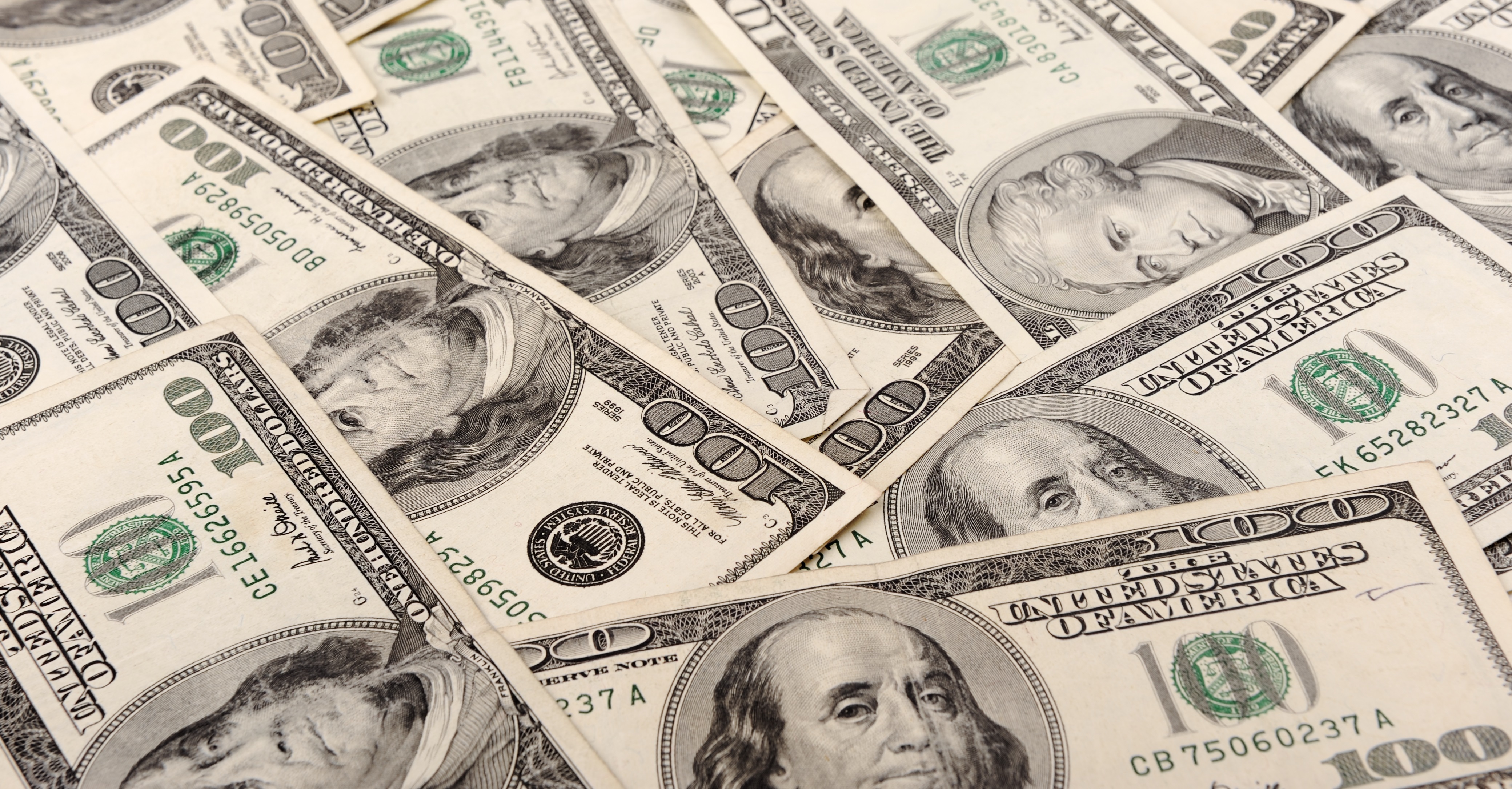Billionaire Boom
Submitted by Atlas Indicators Investment Advisors on January 25th, 2018
Last year will go down as record setting. The number of global billionaires increased by more than ever before. According to a study by Oxfam there were 2043 billionaires in the world at year’s end 2017, with a new one now being minted every two days. When juxtaposed against some of the poorest people on earth, this growth rate seems to be a bit much; Oxfam estimates billionaires saw their wealth increase $762 billion in 12 months, seven times more than is needed to end extreme poverty by their count.
Getting to this state of affairs was easy: income levels were growing disproportionately. Between 2006 and 2015, a typical worker’s income rose by two percent a year, while billionaire wealth was growing nearly six times as fast. This embarrassment of riches continued as the wealthiest one percent took in 82 percent of last year’s growth in global wealth. Meanwhile, the bottom half saw no increase at all, while the other 49 percent divvied up the remains. According to data from Credit Suisse, 42 individual possess as much wealth as the bottom 3.7 billion of the world’s people, and the wealthiest one percent own more than the rest of humanity.
Many billionaires worked hard in order to accumulate their wealth but not all of them. Oxfam estimates that roughly two-thirds of billionaire wealth is a product of inheritance, monopolies, cronyism, or some combination thereof. Monopolies and cronyism seem to be particularly nefarious as powerful private interests are able to co-opt those in elected positions.
Concentrated wealth could even impact stable nations like America. Former U.S. Supreme Court Justice Louis Brandies certainly thought so. He was quoted as saying, “We can have democracy in this country, or we can have great wealth concentrated in the hands of few, but we can’t have both.” The supply of billionaires is ample and growing, but is the world’s demand for such wealth concentration moving in lockstep? If not, the closing the wealth and income gaps could still be unfeasible endeavors, as it is arguably not in the interest of certain pockets of wealth and political influence. But the same former Justice also said, “Most things worth doing in the world had been declared impossible before they were done.”

